“The Grand Design: An Augustinian Reply to Stephen Hawking”
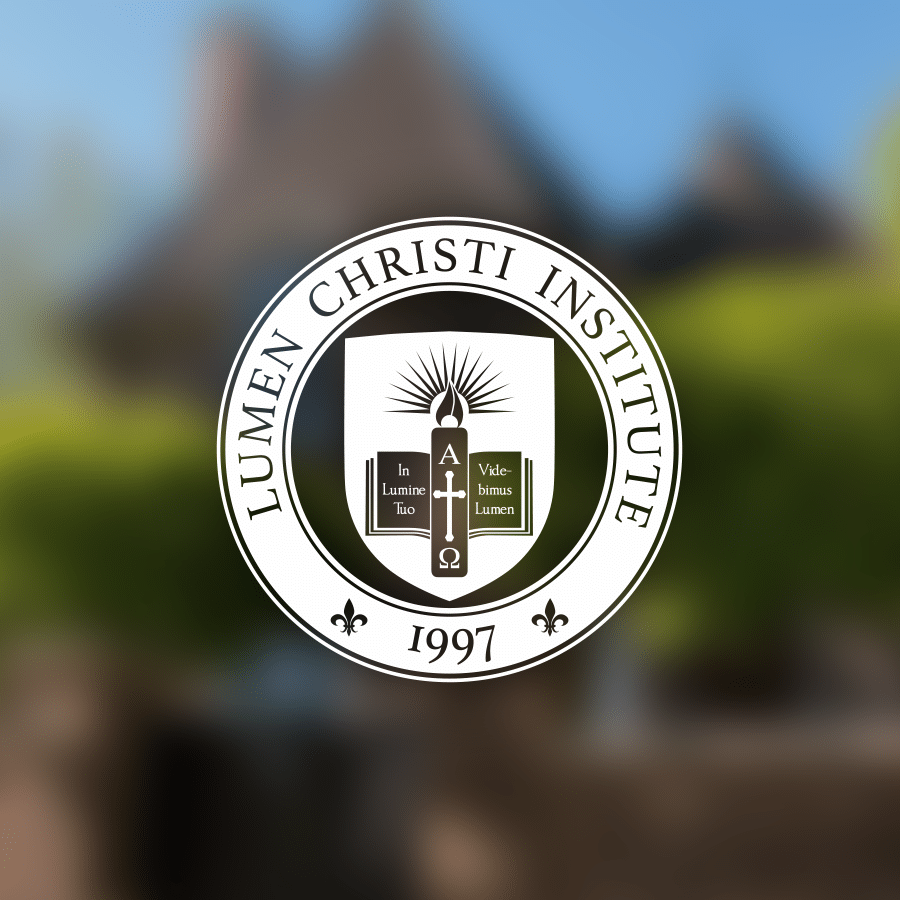
Cosponsored by The Theology Workshop Stephen Hawking has recently declared that philosophy is dead, and that science is the only reasonable method for securing knowledge. In response, Professor Cavadini will argue that philosophy is rooted in man’s wonder about the universe, and that scientific inquiry is only one aspect of true wisdom and should not be privileged over others.
A Conversation on Faith and Science, with Mark Wyman and Minyoung Wyman

This event is intended for college students. Dinner will be served. Contemporary culture is built in part on a mythology of the natural sciences. This mythology characterizes Christianity, particularly Catholicism, as a reactionary force clinging to a pre-modern worldview that brave men and women have replaced with a modern, scientific one. Two postdoctoral researchers at the University of Chicago’s theoretical cosmologist and an evolutionary biologist will explain why this myth is false. Each will give a brief account of their own experience as scientists and reflect on the compatibility of faith and modern science. Ample time for questions and discussion will…
The Modern Scientist as a Palimpsest of Three Fausts

Stephen Meredith (University of Chicago) cosponsored by the Theology & Religious Ethics Workshop A palimpsest is a manuscript or painting produced over a previous work. This lecture will treat “the modern scientist” as a palimpsest of three versions of the Faust story: The Faust Chapbook by an unknown author (1586), Faust by Johann Wolfgang von Goethe (1808/1832), and the late masterpiece by Thomas Mann, Doctor Faustus (1947). While none of these Fausts is purely a scientist (someone who primarily knows or seeks knowledge), the same can be said for those we consider to be scientists today, who deal in various mixtures of science and…
Theology and Evolutionary Naturalism: How Much Can Biology Explain?
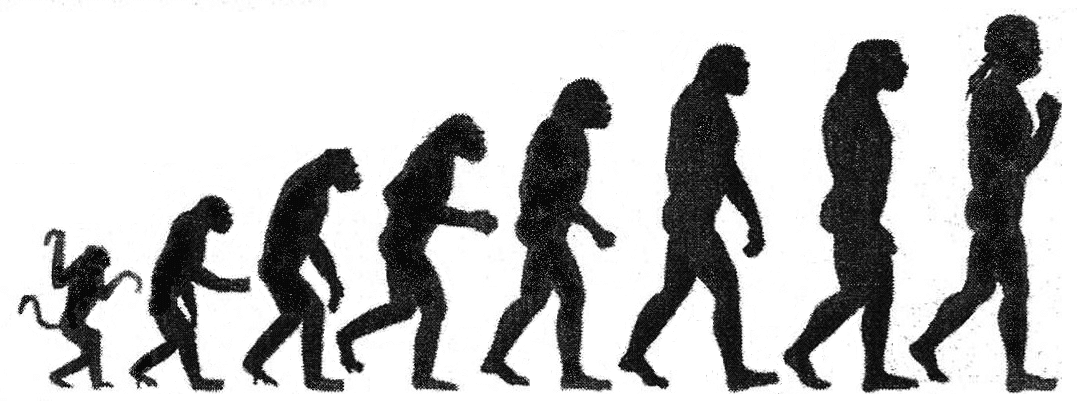
Thursday, February 19, 4:30pm BSLC 001, 924 East 57th Street John Haught (Georgetown University) REGISTER HERE Many scientists and philosophers claim that a Darwinian understanding of life has rendered the idea of God unnecessary. Descent, diversity, design, death, suffering, sex, intelligence, morality, and religion—features of life that had previously been understood theologically—now seem open to a purely natural explanation. This lecture will consider whether the claims of evolutionary naturalists are coherent and whether a theological understanding of life can still be reconciled with biological accounts. cosponsored by the Program on Medicine and Religion and the Theology and Religious Ethics Workshop
The New Atheism: A Conversation with John Haught

REGISTER HERE In this luncheon conversation with students, Prof. John Haught will discuss the New Atheist critiques of religion. Do such arguments live up to a strict adherence to reason? Do they do justice to the religions they rebuke or, for that matter, the atheism they champion? This event is open to all University of Chicago students. Lunch will be served. Others interested in attending, please contact info@lumenchrisit.org.
Science, Faith, and the New Atheism
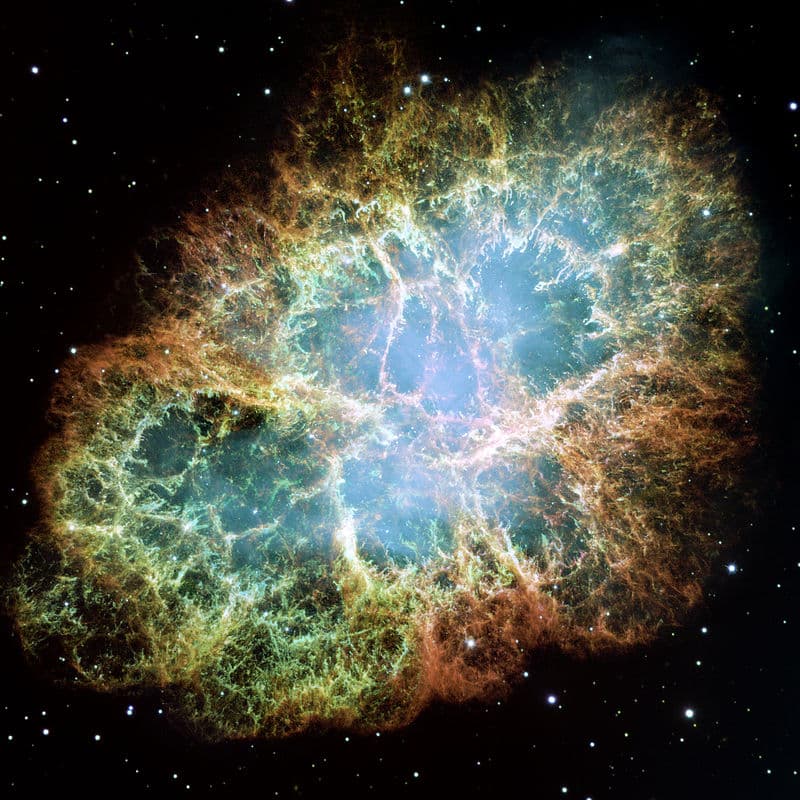
John Haught (Georgetown University The bestselling books by the “New Atheists” Richard Dawkins, Sam Harris, Daniel Dennett and Christopher Hitchens provide colorful portraits of the evils of religions, especially those that profess belief in a personal God. In their passionate denunciation of faith in God, the New Atheists appeal not only to morality but also to reason to convince readers of the absolute wrongness of belief in God. This lecture will summarize the main claims of the New Atheists and examine whether these claims are themselves reasonable.
Science and Religion: The Myth of Conflict
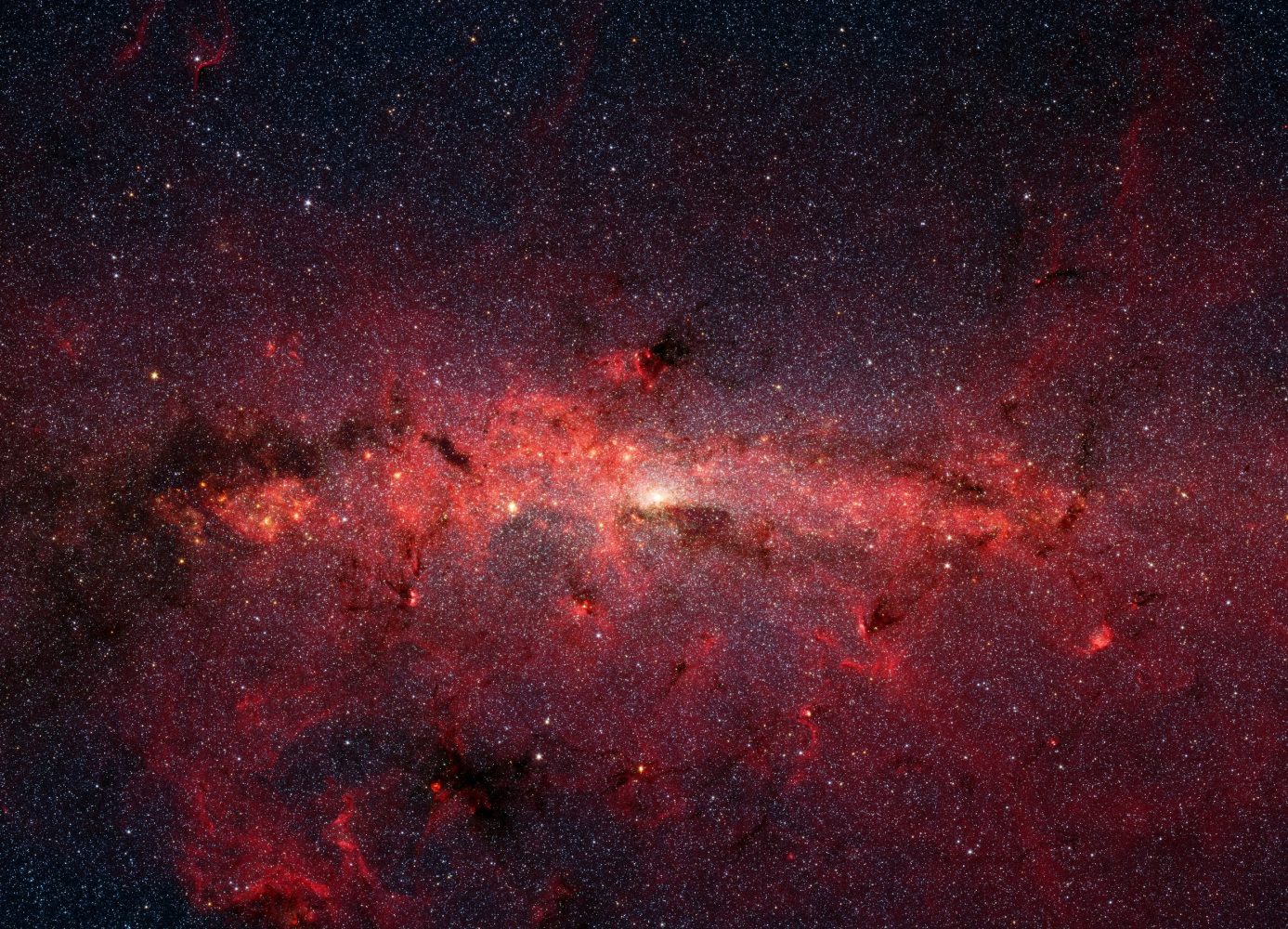
In many ways, the supposed conflict between science and religion is really a conflict between “scientific materialism” and religion. The lecture will review the story of the relation between Christianity and science, discuss several discoveries of the twentieth century (primarily in physics), and argue that these are more consonant with the traditional Judeo-Christian view of the cosmos and of human beings than with scientific materialism.
Is the Human Mind Reducible to Physics?
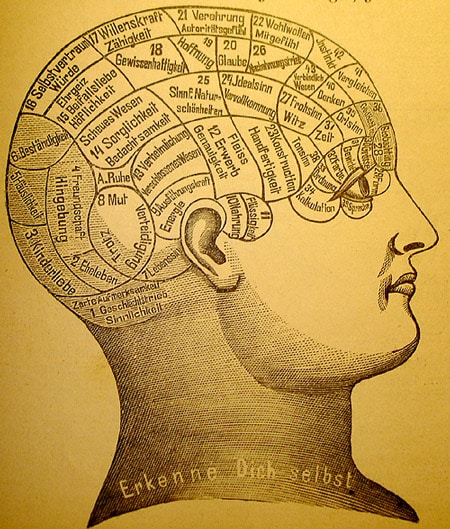
a luncheon discussion with Stephen M. Barr (University of Delaware) REGISTER HERE This event is open to University of Chicago students. Lunch will be served. Others interested in attending, please contactinfo@lumenchrisit.org. Materialism or “physicalism” holds that all things, including human beings, are completely explicable in physical terms. While ancient and medieval thinkers expressed this view, it gained a new power with the success of Newtonian physics, whose laws were universal and deterministic, giving rise to the belief that the entire physical universe is a closed system of cause and effect. Does this reduction of human beings to purely physical factors…
Toward a Theology of Science

Tom McLeish (Durham University) REGISTER HERE This event is open to students, faculty, and scientists at the University of Chicago. Lunch will be served. Others interested in attending, please contactinfo@lumenchrisit.org. At this luncheon events, student will discuss a chapter from Faith & Wisdom in Science (Oxford University Press, 2014) on “A Theology of Science?” with author Tom McLeish. A PDF of the chapter will be made available to read beforehand and attendees will be given complimentary copies of the book. In the book, McLeish’s narrative approach develops a natural critique of the cultural separation of sciences and humanities, suggesting an approach to…
Evolution and the Catholic Faith
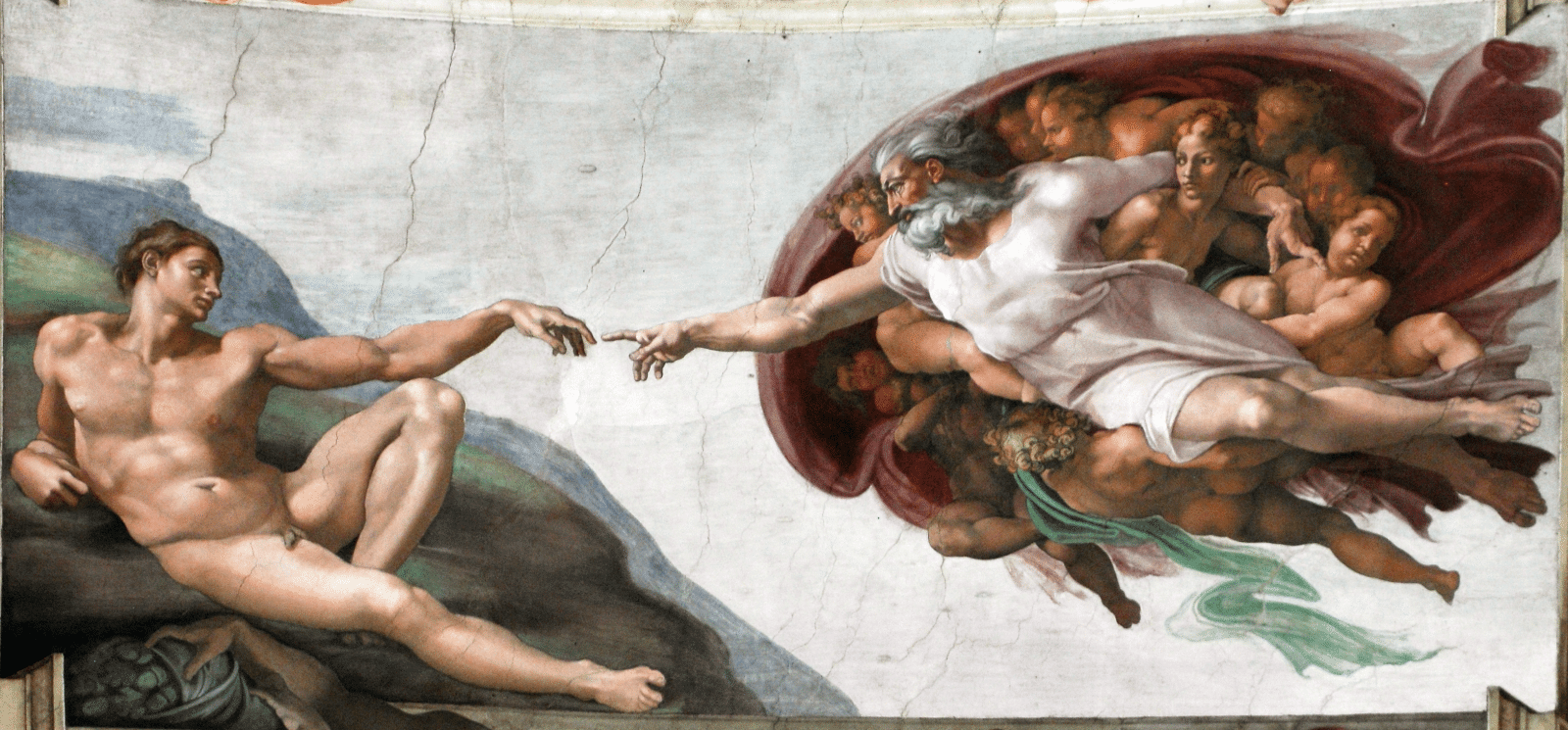
REGISTER HERE Many people imagine that the Catholic Church was historically opposed to the theory of evolution or that there is something dangerous or dubious about Darwinian evolution from the viewpoint of Catholic theology. These ideas are based on a variety of confusions and misconceptions. This talk will show how Catholic thinkers and Catholic Church authorities looked at evolution. It will also respond to the arguments some Christians make against it, and examine some of the more subtle issues, such as the relation of chance to divine providence, and the questions surrounding human origins and human distinctiveness.